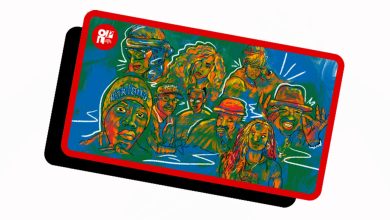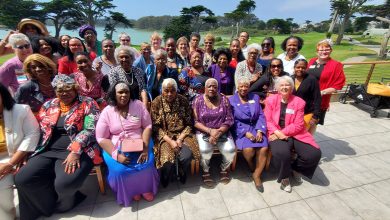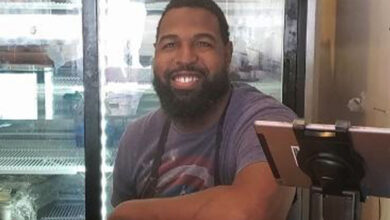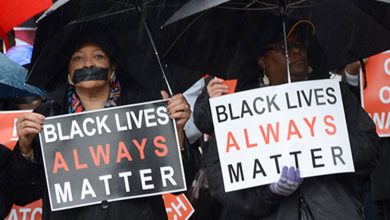Book Review: In Slavery’s Wake: Making Black Freedom in the World
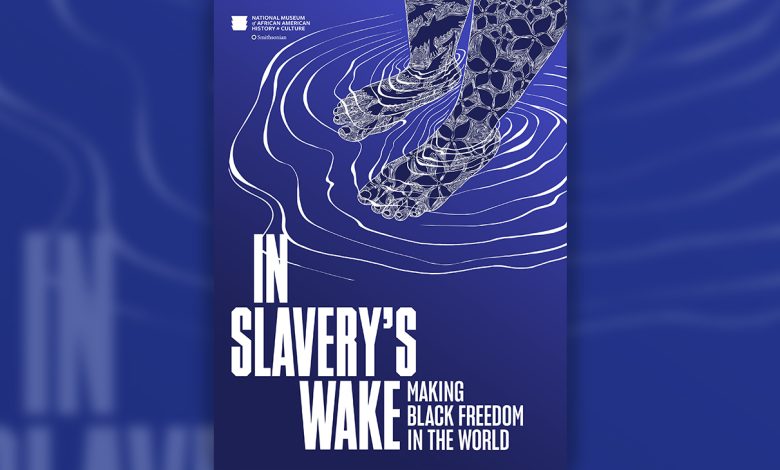
By Emil Guillermo
The Temptations, the harmonizing, singing dancing man-group of your OG youth, were on “The Today Show,” earlier this week.
There were some new members, no David Ruffin. But Otis Williams, 83, was there still crooning and preening, leading the group’s 60th anniversary performance of “My Girl.”
When I first heard “My Girl,” I got it.
I was 9 and had a crush on Julie Satterfield, with the braided ponytails in my catechism class. Unfortunately, she did not become my girl.
But that song was always a special bridge in my life. In college, I was a member of a practically all-White, all-male club that mirrored the demographics at that university. At the parties, the song of choice was “My Girl.”
Which is odd, because the party was 98% men.
The organization is a little better now, with women, people of color and LGBTQ+, but back in the 70s, the Tempts music was the only thing that integrated that club.
POETRY’S “MY GIRL”
The song’s anniversary took me by surprise. But not as much as the death of Nikki Giovanni.
Giovanni was probably one of the most famous young African American women in the 1960s, known for her fiery poetry. But even that description is tame.
The New York Times obit headline practically buried her historical impact: “Nikki Giovanni, Poet Who Wrote of Black Joy, Dies at 81.”
That doesn’t begin to touch the fire of Giovanni’s work through her lifetime.
I’ll always see her as the Black female voice that broke through the silence of good enough. In 1968, when cities were burning all across America, Giovanni was the militant female voice of a revolution.
Her “The True Import of Present Dialogue: Black vs. Negro,” is the historical record of racial anger as literature from the opening lines.
It reads profane and violent, shockingly so then. These days, it may seem tamer than rap music.
But it’s jarring and pulls no punches. It protests Vietnam, and what Black men were asked to do for their country.
“We kill in Viet Nam,” she wrote. “We kill for UN & NATO & SEATO & US.”
Written in 1968, it was a poem that spoke to the militancy and activism of the times. And she explained herself in a follow up, “My Poem.”
“I am 25 years old, Black female poet,” she wrote referring to her earlier controversial poem. “If they kill me. It won’t stop the revolution.”
Giovanni wrote more poetry and children’s books. She taught at Rutgers, then later Virginia Tech where she followed her fellow professor who would become her spouse, Virginia C. Fowler.
Since Giovanni’s death, I’ve read through her poetry, from what made her famous, to her later poems that revealed her humanity and compassion for all of life.
In “Allowables,” she writes of finding a spider on a book, then killing it.
And she scared me
And I smashed her
I don’t think
I’m allowed
To kill something
Because I am
Frightened
For Giovanni, her soul was in her poetry, and the revolution was her evolution.
About the Author
Emil Guillermo is a journalist, commentator, and solo performer. Join him at www.patreon.com/emilamok


